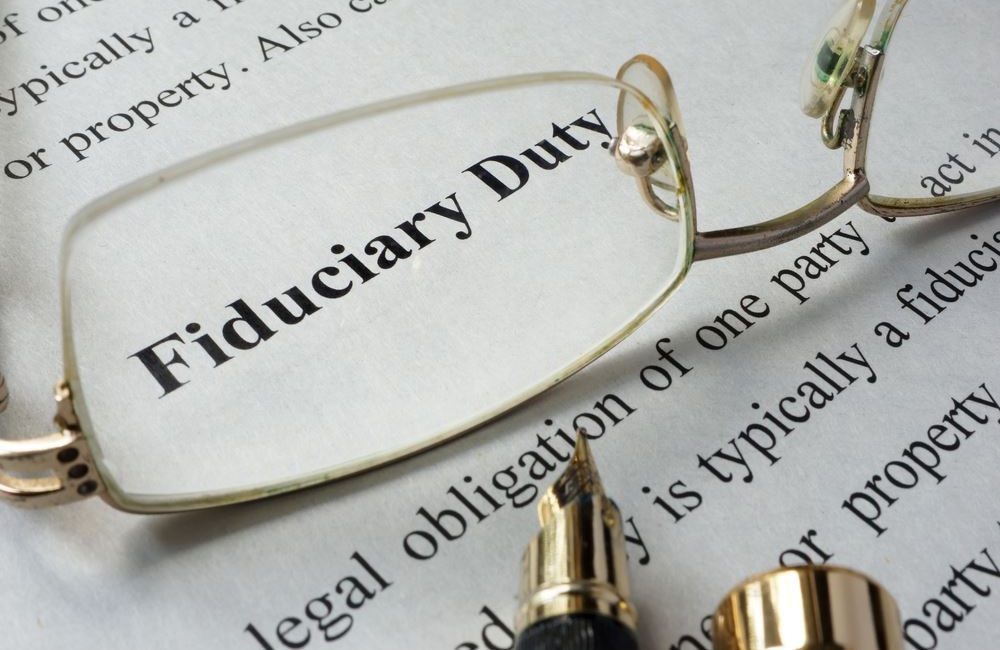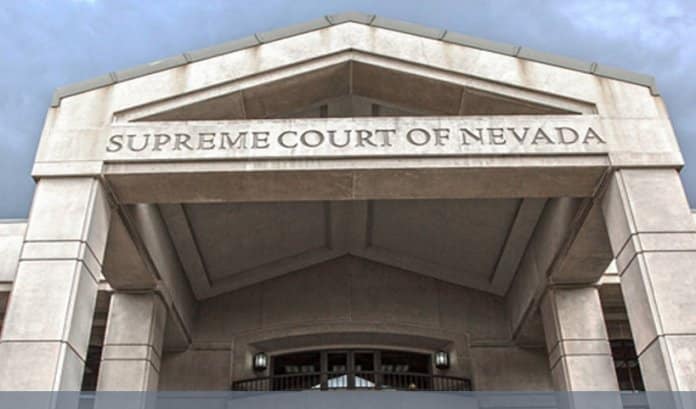ISAACSON LAW BLOG
A Board Member’s Fiduciary Duty. What Does It Mean?

A Board Member’s Fiduciary Duty. What Does It Mean?
In Nevada, community association Board members owe a fiduciary duty. When working with Boards, I often point them to NRS 116.3103 which, in part, provides that they act on behalf of and are fiduciaries to the association. But what does it mean to be a fiduciary?
Legally speaking, a fiduciary owes another:
A duty of utmost good faith, trust, confidence, and candor owed by a fiduciary (such as a lawyer or corporate officer) to the beneficiary (such as a lawyer’s client or a shareholder); a duty to act with the highest degree of honesty and loyalty toward another person and in the best interests of the other person (such as the duty that one partner owes to another).
Rowe v. Educ. Credit Mgmt. Corp., 559 F.3d 1028, 1033 (9th Cir. 2009). As can glean from the above statement, a fiduciary owes another several duties including the duty to act in good faith, with loyalty and putting the interests of another ahead of their own.
Board members are considered fiduciaries because they are charged with the obligation to care for the community’s property and finances, and therefore, are in a position of trust. Homeowners often assert that the Board members individually owe them a “fiduciary” duty, but this is not the case. Rather, the Board members’ fiduciary obligation is owed to the association as an entity and not to the individual homeowners.
As can further be seen from the above definition, a fiduciary obligation involves more than just the duty to put the association’s interests first. It also involves the duty to act in good faith, meaning you believe the decision you make as a Board member is in the best interests of the association. While your individual decision on an issue may differ from what the Board as a whole decides, that does not mean you or the other Board members are wrong and have breached the fiduciary duty. Rather it can simply mean you have a disagreement on what is best for the community.
Indeed, Board members frequently have disagreements. Be it who to use as the community association manager or what plants should be used within the community, different Board members will have differing views on each subject – and that is ok.
Where Board members vote differently on matters, those who may have been outvoted can sometimes believe they must push the issue further or take the matter to the membership. However, given the Board member’s duty is to the association, and the association through its Board has made a decision, their duty of loyalty requires that they support the decision and not inhibit the association’s ability to carry it out.
As mentioned, Board members have a legal obligation to put the interests of the Association first. When Board members decide to serve their own individual interests, liability may exist given a breach of the duty of loyalty. That is, for their failure to put the association’s interests ahead of their own.
As an example, if the association’s expenses exceed its anticipated revenue, then the Board members have an obligation to increase the revenue. Given the not-for-profit status of community associations, this generally requires an increase in the assessments charged. A common question is what should a Board do when additional revenue is needed, but homeowners cannot afford the increase? This question has become even more important where the ongoing COVID-19 pandemic has added to the costs to operate a community association. Added burdens on community associations may include the costs to properly disinfect for viruses to protect those using common-area amenities. But so many homeowners, possibly even Board members, due to no fault of their own, are out of work and struggling. So how can a Board justify an increase in the assessments? In this rather basic example, it simply is that the Board’s fiduciary duty to the association requires that assessments be increased to meet the community’s budgetary needs.
To the extent individual homeowners, and perhaps even Board members, cannot afford the increase, payment plans can be worked out or other arrangements considered to accommodate those homeowners who need assistance. But in all instances, the Board must make those decisions necessary to protect the overall community and not to serve any particular individual or group.
But the Board members duty to put the association’s interests first, goes even further. Other examples may include not divulging homeowner’s personal information to other members of the community. If done in furtherance of association business, such disclosures (which are prohibited by NRS 116.31175 & 116.31083), can create liability to the association and may subject a Board member to personal liability and/or action by the Real Estate Division, which has broad power to discipline Board members for any improper actions.
When making decisions on the association’s behalf, Board members also have a duty to act on an informed basis. Where additional information might be needed to make a certain decision, the Board should be encouraged to seek out the appropriate advice. This could be from the community association manager, an attorney, accountant, landscaper, or any individual (including a Board member), who has knowledge of the subject. However, a good Board member should also understand that where they are providing advice on a particular issue, in that moment they are not acting as a Board member, but as a consultant. Bad advice can expose that individual to liability if that advice proves bad for the community.
While serving as a Board member, one’s fiduciary duty to act in good faith, with loyalty to the association and putting the interests of another ahead of their own are considerations that should be taken into account with every decision made. Failure to recognize these implications could result in liability to the association and/or individual Board member(s).
Should you or your community need legal guidance on a matter, please call Troy Isaacson
at (702) 529-2559 who has nearly 25 years of experience working with community associations.
Want to see a video version of this article? Click Here

LOCATION
- (702) 529-2559
- 7575 Vegas Dr, Suite 150N, Las Vegas, Nevada 89128
BUSINESS HOURS
Monday – Friday: 8:30am to 5:30pm
Recent Blog Posts

HOA Fee Increases: Don’t Surprise Homeowners


Why “Failure to Communicate” Is a Violation

